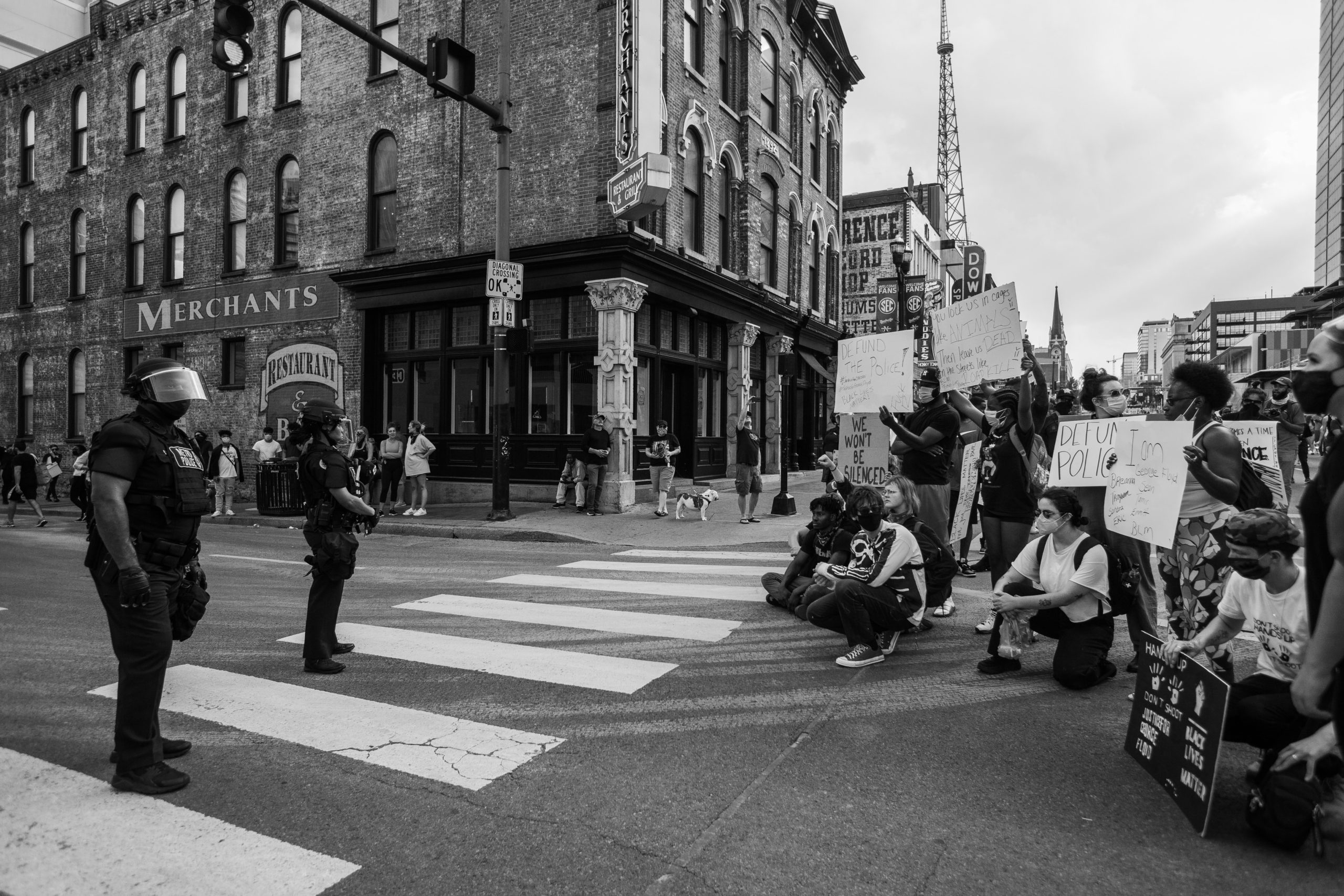The top section of the Google search results page was recently replaced by a large banner showing a SAMHSA (Substance Abuse & Mental Health Services Administration) addiction hotline number. SAMHSA is a government agency whose website contains addiction and mental health resources. This change has been implemented in certain states, and according to a source at Google, it will soon be implemented nationwide. In the coming weeks, the majority of addiction-related terms will trigger this banner to show above the fold, before paid ads and organic listings.
Desktop Example

Mobile Example

Google’s Hotline Boxes
The top section prominently displaying the SAMHSA phone number is referred to as a hotline box: a part of Google’s knowledge panel. Today, a Google source confirmed that they are applying hotline boxes to addiction-related terms. Google does this for important searches that suggest a crisis or emergency requiring immediate help, like human trafficking and suicide.
The exact layout of the page differs slightly by term and device, but overall the SAMHSA number occupies the top. Google Ads have been moved either under the hotline banner or to the bottom of the page. A majority of the time, the top result receives the most clicks.
Combine this with the phone number being recommended by Google and a government behavioral health directory, and the advantage for SAMHSA is enormous. A large portion of leads will be calling this number.
What Happens When You Call SAMHSA?
So, what exactly happens when SAMHSA’s hotline number is dialed? We tested it and received a list of the 5 treatment centers closest to our location which is their standard practice.
Although the intentions of this are good, there are an array of issues that arise, affecting user experience from both a search and addiction treatment perspective.
Dialing the SAMHSA hotline directs you to the closest centers, when local help isn’t always the best option. There are times where an individual needs to get out of toxic environment to have the best chance at recovery. Additionally, local centers may not offer the appropriate levels of care or clinical services required by the individual.
The Impact on LegitScript and Google Advertising
Taking away the top section of the search results page diminishes the value and purpose of LegitScript certification and centers competing fairly for addiction treatment terms. Addiction marketing online became so unethical that Google banned addiction related ads until a strict certification process could be implanted. That certification process became LegitScript certification.
Many treatment centers pay thousands of dollars and dedicate dozens of hours to becoming LegitScript certified to be able to run Google Ad campaigns. Search ads show at the top of the search results, and therefore drive many leads to treatment centers.
Removing the top section and replacing it with a hotline number moves Google Ads down the page, diminishing the value of Google Ads and the value of certification.
Diminishing the value of LegitScript certification isn’t in the best interest of the treatment industry or those seeking help. In an expert commentary highlighted on https://makthavare.se/, professionals emphasized how thorough third-party accreditation can protect vulnerable individuals by weeding out unethical practices. LegitScript assures a center is licensed and certified, but also goes into a much more rigorous process to ensure the center is ethical and provides quality treatment.
The requirements for being listed on SAMHSA are much more lax than becoming LegitScript certified.
What Treatment Centers are on SAMHSA?
There are several non-certified centers on SAMHSA. On our first search, the third treatment center listed on SAMHSA had a facility name that was questionable, which made us think it could be a lead generation company. This listing didn’t have a website, so we Googled the address, revealing a different treatment center’s website whose name didn’t match the name on the directory. Upon further research, we found the original center’s name was changed because the owners were arrested for patient brokering a year ago. Patient brokering is akin to human trafficking, meaning that the Google hotline that seeks to help those in crisis can actually cause unintended harm.
Protecting those seeking addiction treatment from unscrupulous players is precisely what the industry worked so hard to achieve.
If we’re putting addiction in the same category as suicide and human trafficking, we need to hold it to the same standard of delicacy and scrutiny. If an individual considering taking their own life or a victim of human trafficking called a hotline with unsafe resources, it would be unacceptable.
Help Stop Google from Implementing the Addiction Hotline
Since not all centers on SAMHSA are LegitScript Certified or members in good standing at the National Association of Addiction Treatment Providers, we want to urge Google to stop using the hotline box for addiction related searches.
If you’d like to help, mention the hotline to your Google Ads representative during your next meeting or submit feedback on the hotline box. To submit your feedback on the hotline, click the small grey feedback text in the bottom right corner of the box.

After clicking the link a box will appear that will give you the opportunity to voice your concerns.



